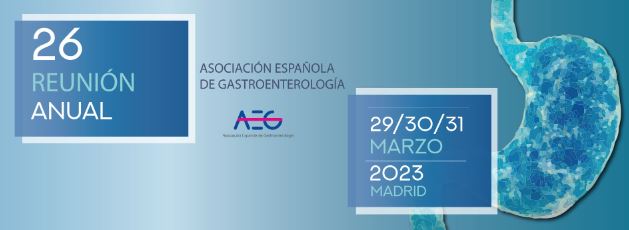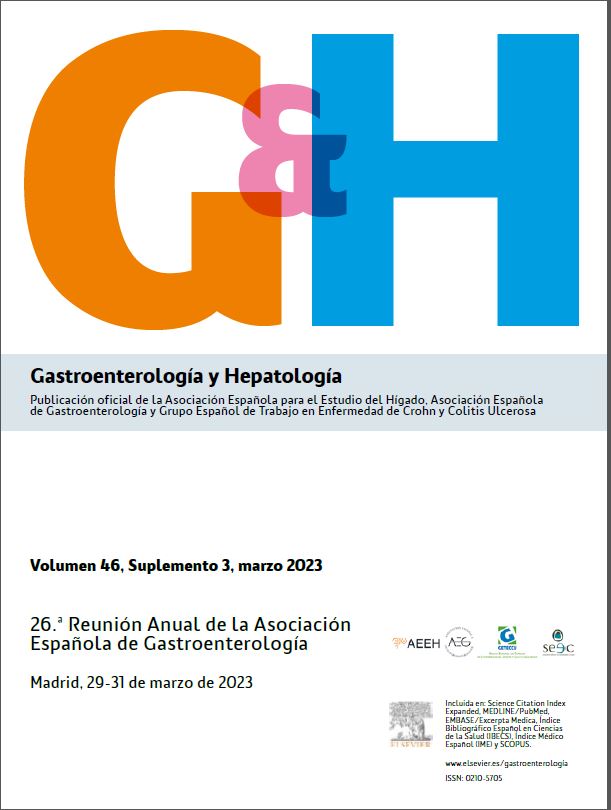117 - 52-WEEKS RISANKIZUMAB SUBCUTANEOUS MAINTENANCE DOSING IS EFFICACIOUS AND WELL TOLERATED IN PATIENTS WITH MODERATE TO SEVERE CROHN'S DISEASE WHO HAD DELAYED RESPONSE TO 12-WEEKS IV RISANKIZUMAB INDUCTION
1Amsterdam University Medical Centers, Amsterdam, The Netherlands. 2University of Calgary, AB, Canada. 3Department of Gastroenterology, Hospital Clinic Barcelona, IDIBAPS, CIBERehd, Barcelona. 4Department of Gastroenterology and Hepatology, Kyorin University School of Medicine, Tokyo, Japan. 5Department of Gastroenterology, Imelda General Hospital, Bonheiden, Belgium. 6Gastroenterology and Endoscopy, IRCCS Ospedale San Raffaele and University Vita- Salute San Raffaele, Milan, Italy. 7AbbVie, North Chicago, USA. 8Department of Medicine, Division of Gastroenterology, Icahn School of Medicine at Mount Sinai, New York, USA.
Introduction: Risankizumab (RZB), an interleukin-23 inhibitor in phase 3 induction studies demonstrated that treatment with intravenous (IV) RZB was superior to placebo (PBO) for achieving clinical remission and endoscopic response at Week 12 in patients with moderate to severe Crohn's disease (CD).1 Here we evaluated the long-term efficacy and safety of RZB during the FORTIFY maintenance study in patients who did not have clinical response to 12 weeks of IV RZB induction during the ADVANCE and MOTIVATE studies, but who achieve clinical response at Week 24 following an additional 12-weeks RZB subcutaneous (SC) dosing (“delayed responders ”).
Methods: Patients not achieving clinical response (defined as ≥ 30% decrease in average daily stool frequency [SF] and/or ≥ 30% decrease in average daily abdominal pain score [APS], both not worse than baseline of induction) to 12-weeks IV RZB (600 or 1,200 mg) induction in ADVANCE or MOTIVATE received an additional 12 weeks RZB therapy (180 mg SC or 360 mg SC). Patients achieving clinical response to SC RZB at Week 24 were then eligible to enter FORTIFY and were continued on the same dose. These patients (RZB 180 mg SC [N = 30], RZB 360 mg SC [N = 33]) were then analyzed for clinical and endoscopic improvements at FORTIFY Week 52.
Results: Overall, a majority of delayed responders achieved clinical remission and response with both RZB SC doses at FORTIFY Week 52. Delayed responders also achieved the endoscopic endpoints of response (36.7% and 45.5%), remission (40% and 42.4%), and deep remission (40% and 39.4%) at Week 52 with either 180 mg or 360 mg RZB SC, and approximately one-quarter of delayed responders achieved ulcer free endoscopy (27.6% and 24.2%) and the combined endpoint of SF/APS clinical remission and endoscopic response (23.3% and 36.4%). Moreover, a dose-response trend was observed, with numerically higher response rates observed with RZB 360 mg SC relative to 180 mg SC for most outcomes, including clinical remission (CDAI and SF/APS), CDAI clinical response, enhanced clinical response, endoscopic response, endoscopic remission, and the composite endpoint of SF/APS clinical remission + endoscopic response. SC RZB maintenance dosing in delayed responders was well tolerated. The profile of treatment emergent adverse events was consistent with the known safety profile of patients with CD treated with RZB. No new safety risks were identified.
Conclusions: Based upon the available data in the FORTIFY maintenance study, RZB was efficacious and well tolerated in subjects with delayed clinical response to risankizumab induction. These findings underscore the additional clinical benefit of SC RZB treatment in maintenance, even in patients who were initial non-responders to 12-weeks IV RZB induction. RZB was well tolerated with no new safety risks identified.









